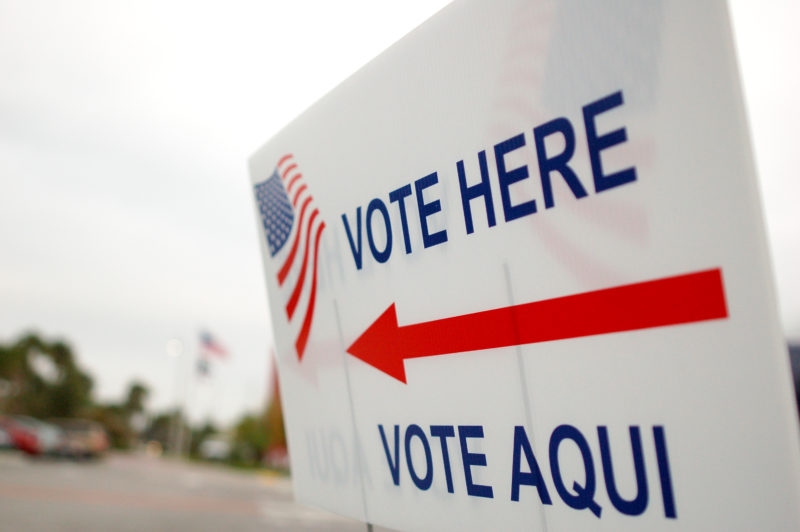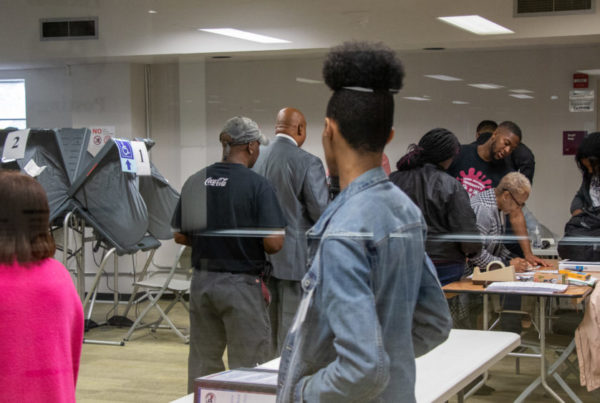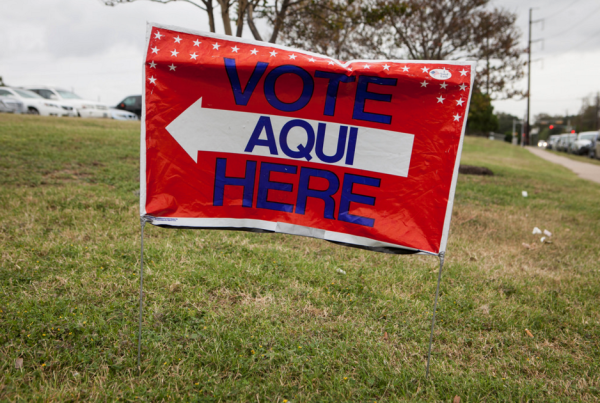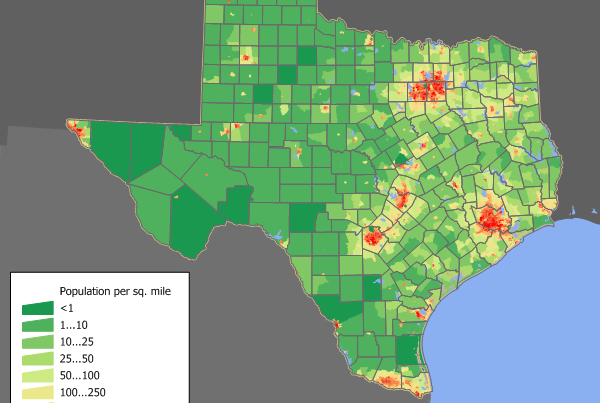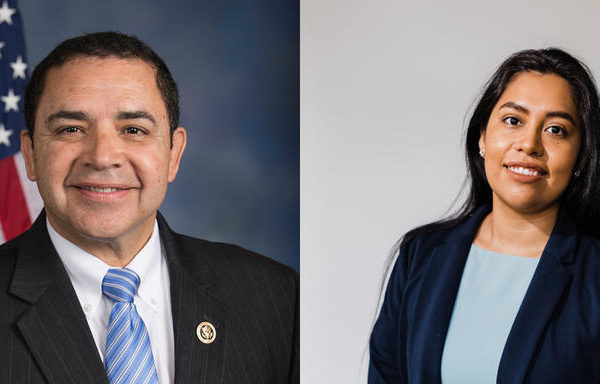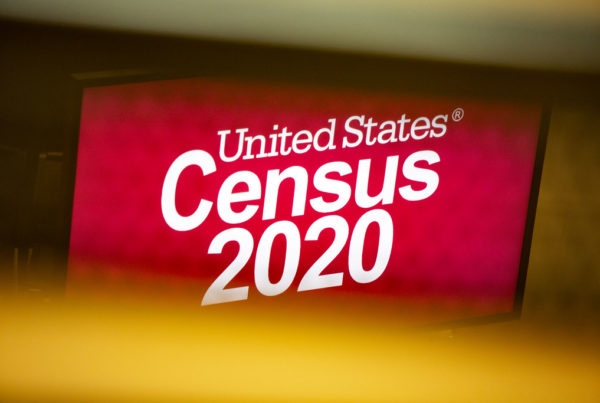Jason Maloy is a political science professor at the University of Louisiana at Lafayette. He is the author of the book “Smarter Ballots: Electoral Realism and Reform.”
Maloy offers a critique on the electoral process and how to solve its problems. One solution he proposes is using ranked voting, where voters get to rank candidates in preference order, rather than choosing just one.
“We’re so used to looking at a list of candidates for one seat and picking one,” Maloy says. “But there are actually other forms of input rules that are used in some places around the world called distributive ballot types. And those allow you to get finer grain judgments and to actually express a view about more than just one candidate.”
Maloy’s proposed reforms don’t focus on the election outcome, but on overall structural accountability, because that is what democracy is supposed to deliver to ordinary citizens, he says.
“That’s why we vote. We’re supposed to be able to remove a bad government and identify a better replacement,” Maloy says. “Structural accountability is defeated by the way we actually vote, the all or nothing input rule that we are forced to use whenever we vote.”
What you’ll hear in this segment:
– How some states like New Mexico are already implementing different ways of voting in their local elections
– What benefits would be achieved from reforming the electoral process
– How distributive or ranked voting might save American democracy
Written by Antonio Cueto.


